“Women on the Edge: Struggling for Health and Dignity amid Pakistan’s Floods”
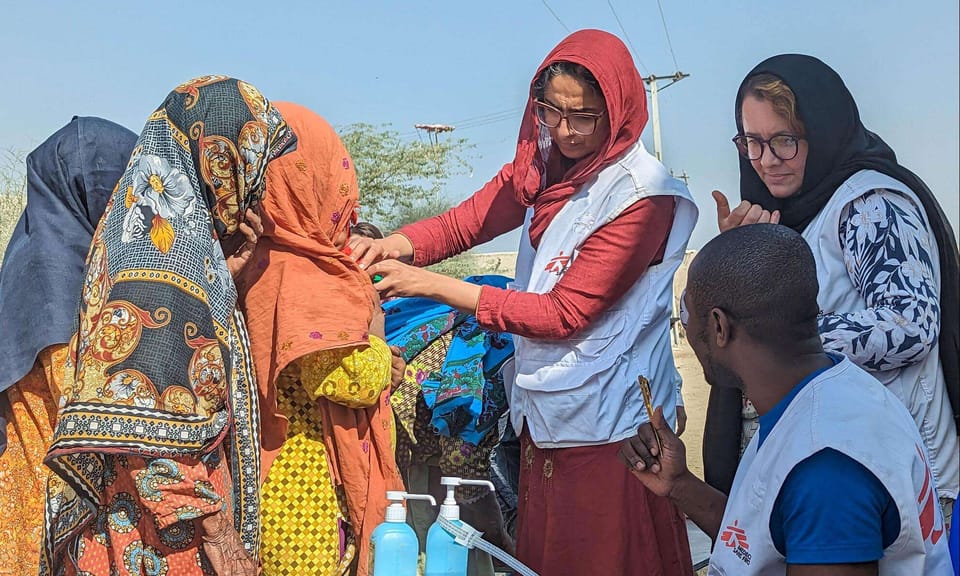
“This year’s floods in Pakistan forced thousands to evacuate, with their homes and crops being destroyed. It has been estimated that nearly 6.9 million people have been affected across Pakistan, with around 3.5 million displaced from their homes.
In Punjab, over 4.7 million people were affected, 2.6 million were evacuated to safer places, and 4,700 villages were impacted, according to the Provincial Disaster Management Authority (PDMA).
These figures speak of scale, but not of the silent suffering that has unfolded inside makeshift tents, where women bear the brunt of displacement in ways statistics rarely capture.
Over the past month, floods from major rivers, the Ravi, Chenab, and Sutlej, swallowed vast stretches of Punjab’s landscape. In Kasur district, 148 villages were submerged, and 70,000 acres of crops were destroyed.
The floods have severely affected women, disrupting access to essential health services and leaving many struggling with reproductive health issues and mental trauma. Pregnant women are unable to receive prenatal care or give birth in safe environments.
Beyond maternal care, women also face menstrual hygiene issues due to the lack of clean water, sanitary products, and private washrooms in relief camps. The loss of homes, livelihoods, and loved ones has also caused deep psychological distress, leading to anxiety, depression, and trauma among many women.
In Kasur village, Hakuwala, 16-year-old Shabana suffered from a vaginal infection after using the same dirty cloth pad for more than 24 hours. The floodwater destroyed the washroom in Shabana's house, so her family had to rely on their neighbors for these basic facilities.
“I felt ashamed going there because men were in the house,” she says. “So I used the same cloth for more than a day and felt itching and discomfort throughout.”
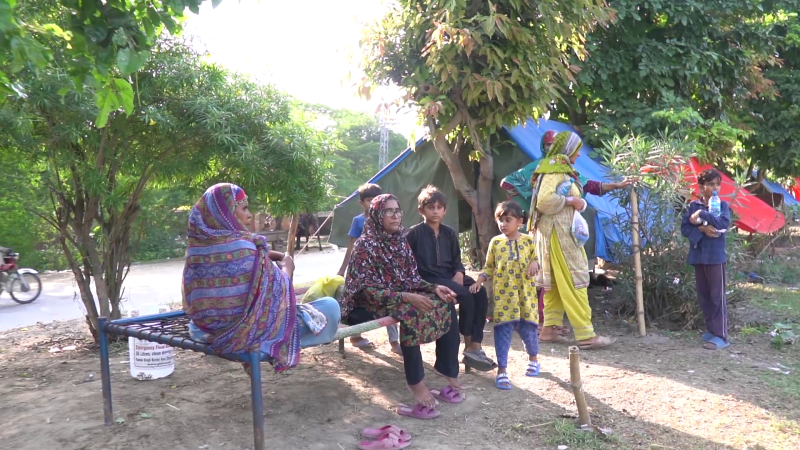
For girls like Shabana, menstruation, a natural cycle, becomes a source of distress, infection and discomfort. In flood relief camps, dozens of women share limited washrooms. Some avoid using them altogether to preserve their modesty, holding their bladders for hours and risking urinary infections.
Khanzadi Kapri, a climate and gender rights activist, says women are among the hardest hit by floods—but their struggles often go unseen. “Women don’t focus on their own hygiene,” she explains, “because they spend their days managing households, cooking food, and taking care of their children. Amid all this, they hardly have time for themselves.”
Another challenge is the lack of open communication with doctors. Many women hesitate to discuss vaginal health issues because of shame, stigma, and long-held cultural taboos surrounding their bodies.
For generations, older women have reinforced this silence — often saying, “we endured it too” — turning endurance into a measure of virtue. This mindset discourages younger women from speaking openly about pain or discomfort, as doing so is seen as weakness or immodesty.
Over time, such inherited silence not only normalizes suffering but also delays treatment, allowing preventable health issues to worsen quietly. Pregnant women are especially vulnerable, without access to hospitals and proper care, some face miscarriages or even death, says Kapri.
Over the years, organizations have tried to provide hygienic kits to women in flood-affected areas. Mahawari Justice is one of these organizations that works on women's menstrual health during a climate crisis. Umme Farwa, a team member at Mahwari Justice, shared that many people ask them the question, "Why are you sending menstrual kits instead of food or clothes to flood- affectees?” She added, “Having witnessed the on-ground realities of women in these regions, the team is aware of the hygiene challenges women face that need to be addressed.” Farwa also highlighted that trans women who menstruate face even greater challenges in these situations and are stigmatized due to it.
Women living near brick kilns in Lahore shared heartbreaking accounts with Farwa. They said they were forced to use cloth instead of sanitary pads because they could not afford them, and walking through floodwater left the cloth soaked, making the situation even worse.
Mahwari Justice is doing its best, but still faces shortages of menstrual kits because the need is too great. “We are doing what we can, but the need is more,” Farwa says.
“Health challenges extend beyond infections. Displacement, anxiety, and malnutrition have left lasting marks on women’s bodies.”Amina Niaz, a healthcare professional who is working at a mobile medical camp in Kasur, said women’s health has been “severely compromised.”
“Pregnant women are particularly vulnerable,” she explains. “Most are deficient in folic acid and iron, and many haven’t had proper check-ups for months. We only have basic medical supplies, no ultrasound, no vaccines. Without prenatal care, complications increase,” she adds.
“Every third woman who visits our camp complains of irritation or infection. Many don’t even know it’s a urinary tract infection. They think it’s just discomfort from the floods.”
Despite contributing less than one percent of global greenhouse gas emissions (UNEP 2021), Pakistan remains among the most climate-vulnerable countries, according to the Global Climate Risk Index 2025. Millions of people, especially women and children, are paying the price of floods, heatwaves, droughts, and melting glaciers for a crisis they didn’t create.
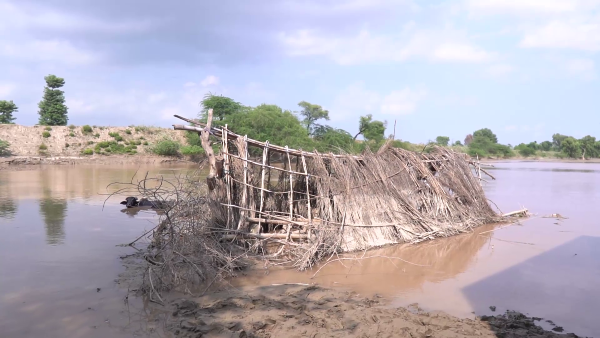
Batoi village in Kasur is also one of the flood-affected regions, where primarily farming families were badly impacted. Many houses are under water, which led to people evacuating and starting their lives in camps.
One of the families affected is Zohra’s, who has been living in the roadside camp in Ganda Singh for the last month. Each day, she relives the trauma of the day her family was forced to flee because of the rising floodwater.
“Whenever I try to sleep, I always have a dream that water is destroying my house. My daughters are very young, and I fear for their safety. So I sent them to my relatives’ homes, but I chose to stay in the camp, where there is no drinking water and no direct access to a washroom.” Zohra lives in terror, wondering how she will ever rebuild her home and her life.
To make matters more complex, Muqaddas Majeed, psychologist and founding director of Naaye Khwab, describes what she calls the “invisible disaster.”
“Women are bearing the weight of an unseen crisis,” she says. “They’ve lost homes, land, and dignity. In camps, they are constantly watched, sometimes even photographed by media teams without consent. Privacy disappears, and with it, their sense of safety.”
In a deeply patriarchal setting like Pakistan, women aren’t allowed to express their pain or anger, leaving them to silently carry the weight of trauma. That silence builds up, turning into a heavy emotional burden that damages their mental well-being and makes healing feel out of reach.
The expectation to “stay strong” or “stay quiet” often forces women to suppress their emotions, fearing judgment or blame if they speak out.
Over time, this emotional repression leads to anxiety, depression, and even physical exhaustion, as added by Majeed. Many women internalize the belief that their suffering is normal or undeserving of attention.
Majeed explains that men in our society are often allowed to release their anger through aggression — but women are denied that outlet. Instead, they are expected to absorb others’ frustration like a sponge, leaving them emotionally fogged and drained. “When women cannot express pain, it turns inward, becoming a quiet kind of suffering,” she says. Without safe spaces to share their pain, whether at home, in their communities, or even within healthcare settings, their trauma festers instead of healing.
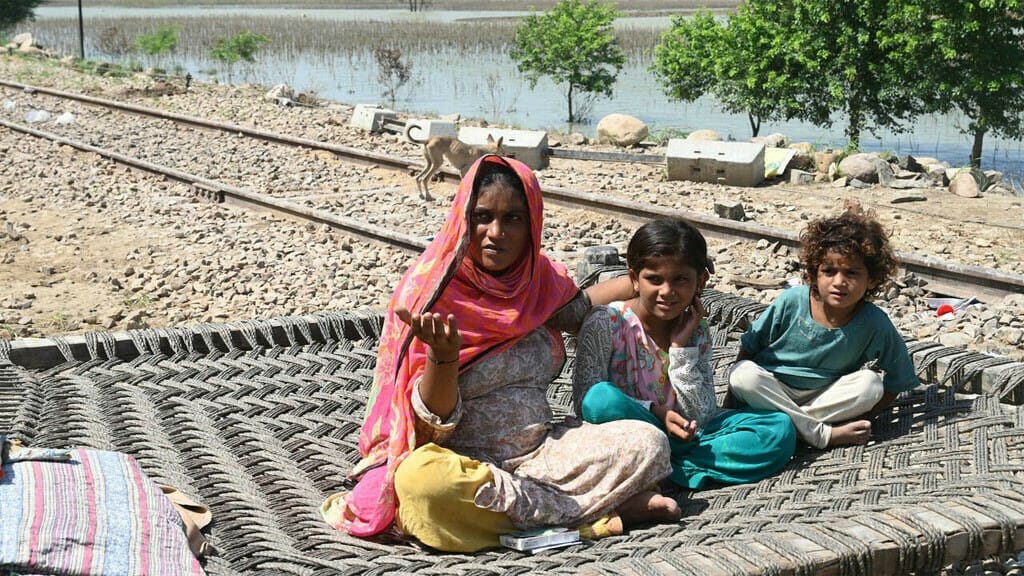
It is difficult for psychologists to assess how climate change and displacement affect mental health on a larger scale, as therapy cannot succeed when people are hungry and deprived of basic necessities. Majeed says, “A mother’s first worry is her child’s next meal, not counseling,”. Families are left to face the silence of unaddressed trauma, which only deepens their emotional strain.
“Yet, as days turn into weeks, and weeks into months, survival merges with despair. When uncertainty stretches on, the weight of mental stress grows heavier—especially for women,” added Majeed.
She explains that women often carry the emotional weight of caring for their families while coping with their own losses. The constant fear of their children falling sick, the lack of privacy in camps, and the inability to access basic hygiene or health services amplify their anxiety. Many internalize their pain in silence, suppressing trauma to keep daily life functioning, which makes their psychological distress even more invisible and intense.
Climate expert Shafiq Ahmad Kamboh, professor at the University of Punjab, echoes this concern. “Women’s mental health is among the most neglected aspects of climate change,” he adds, “There are no policies to address trauma after floods in Pakistan. Mobile camps can treat broken bones, but who heals the invisible wounds of trauma?”
He calls for proactive strategies rather than reactive responses. “When the flood came, everyone rushed to help. But as soon as the waters receded, the world forgot. We must learn to prepare before disasters strike, not just mourn after.”
For women in camps, readiness feels like a distant dream.
In the same roadside settlement as Zohra, Sara, two months pregnant, sits beside a tattered tent. Her mud house was destroyed by the floods. “We have no proper food,” she added. “Aid groups come, but they give rations only if you show an ID card. I don’t have my ID card, and my mother doesn’t either, hence some days we eat; some days we don’t.”
This is not the first time women in Pakistan have faced such devastation.
The 2010 floods affected more than 20 million people, many of them women, and the 2022 floods submerged one-third of the country, impacting 33 million. The UNFPA reported that 6.8 million women and girls needed reproductive health care.
Khanzadi’s fieldwork in Sindh reveals a stark reality. In Sindh, most women often avoid living in flood relief camps. Instead, they stay on roadsides, and they dig pits in the ground to manage their periods. With clean water scarce, even basic hygiene becomes impossible.
“They drink the same water they wash their clothes in,” she explains. “They don’t use it for themselves during menstruation because they feel guilty wasting it.”
The trauma extends beyond the physical. “Some girls experienced their first period during these floods,” she says. “My cousin was one of them. She is still haunted by that memory.”Stress disrupts hormones, leading to irregular periods, sometimes twice a month, or not at all for several months. “This stress lives in their bodies,” Khanzadi says. “It’s an unspoken wound.”
She emphasizes the need for grassroots awareness on menstrual health and hygiene. “Girls should know about their bodies before their first period,” she says. “Mothers rarely talk about it, so girls grow up confused and afraid.”
Beyond awareness, she says, infrastructure matters. “Women need safe sleeping spaces and private washrooms. Hygiene and mental health cannot improve until dignity is restored.”
In addition to these measures, Khanzadi advised using reusable and sanitized cloth pads in flood-affected areas. “Commercial sanitary products are too expensive,” she says. “Reusable pads not only solve the problem but create livelihoods. Women can make and sell them. In flood zones, they can bury used pads safely.”
While the National Disaster Management Authority (NDMA) and government relief agencies lead official responses, Khanzadi believes that communities themselves must be part of the solution. “Authorities alone can’t solve this,” she says. “Local women know their terrain and risks; their voices must guide policy.”
But for now, as winter nears, millions still wait for help. Relief camps are shrinking; memories of disaster are fading. Yet the women left behind — like Shabana, Zohra, and Sara — remain trapped between survival and despair .
While mental health often remains overlooked, some local doctors are working to change that. Dr. Jawad Tayyab, a medical specialist and social activist, believes that mental well-being begins with physical stability and dignity.
In flood-affected areas of Alipur, he has installed water pumps, demonstrating how recovery efforts must move beyond short-term relief toward sustainable solutions. He says that installing water pumps instead of relying on bottled water in camps ensures consistent access to safe drinking water.
Tayyab emphasizes that recovery must go further by expanding mobile health units equipped with basic test kits and portable ultrasound machines to reach remote communities and provide doorstep medical services for women who cannot travel to distant camps. He adds that repairing local roads and infrastructure would ensure medical teams can access those in need.
Alongside healthcare, livelihood support should be prioritized so that flood-affected families can rebuild their lives with dignity.
Rather than depending on aid, communities should be encouraged to start small businesses, such as tailoring, food stalls, or local shops, helping them regain financial independence. Such initiatives not only improve physical health but also ease the mental strain faced by women, who often bear the emotional burden of keeping their families afloat amid crisis.
Syeda Noor Fatima is a freelance journalist and multimedia storyteller focusing on gender, justice, and human rights in Pakistan. A media scholar from Kinnaird College for Women University, she is passionate about using narrative journalism to document resilience and challenge silence.

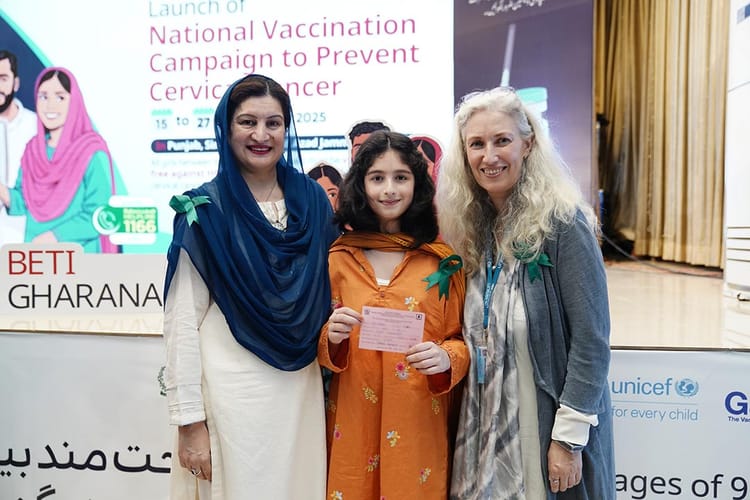


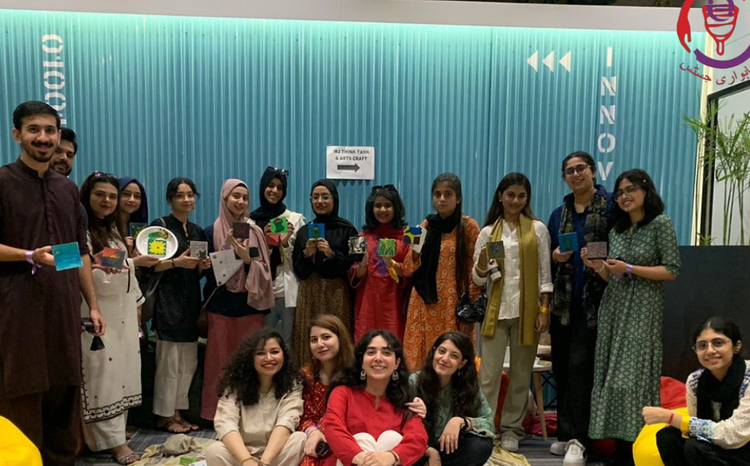
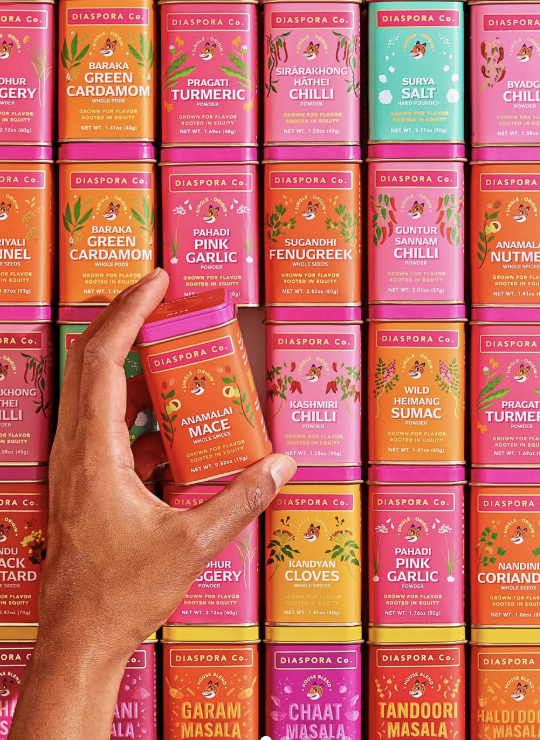
Member discussion